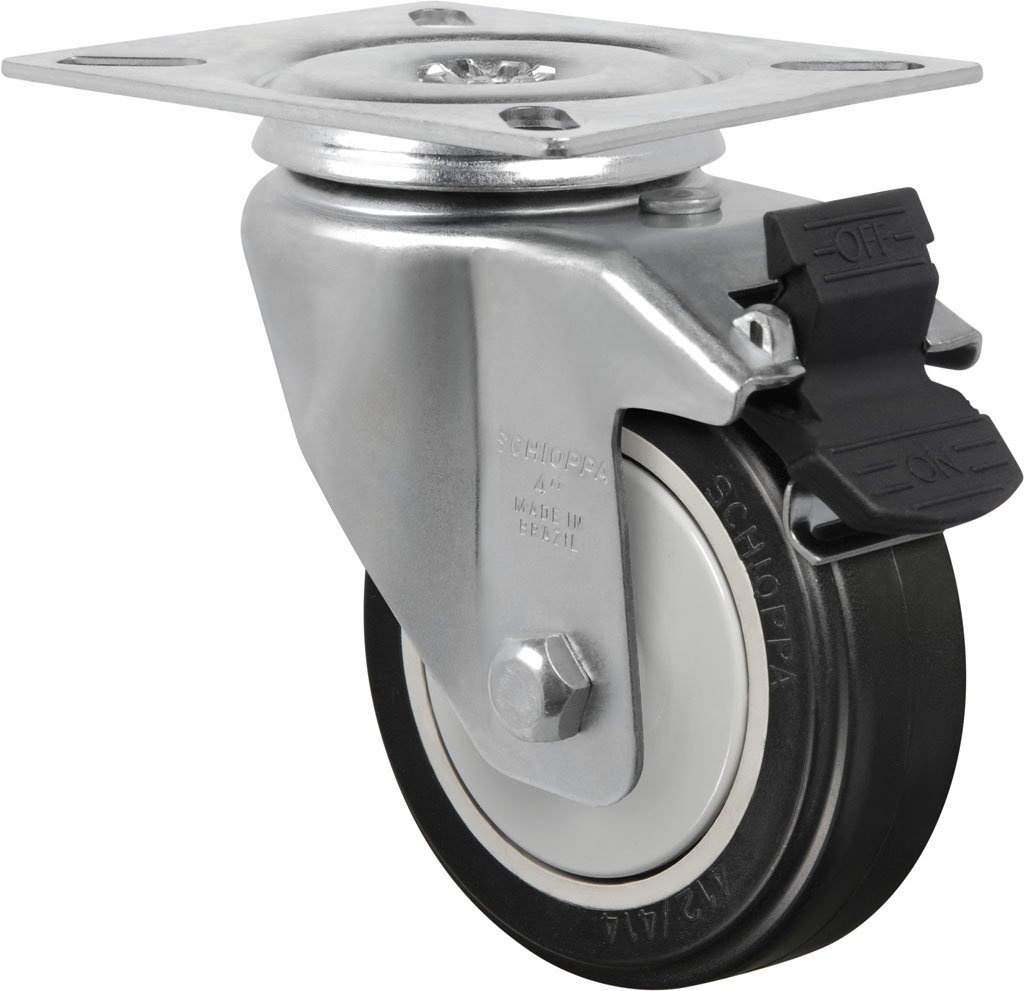Operations management is an in-demand career with lots of opportunities for growth and promotion. Here are some of the opportunities you may qualify for.
Production

A production manager is in charge of assessing inputs and outputs. This means ensuring that employees have what they need to perform their job as efficiently as possible. This can include implementing training programs. In addition, production managers look for problems in manufacturing processes and supply chains and work to create solutions to solve them.
For example, discovering that a comparable product essential to the manufacturing process can be acquired for less cost from an alternative supplier will lead to a higher profit potential for the company.
Financial
As a financial operations manager, you will work closely with the chief operations officer to help your company form a solid financial plan. You are in charge of making sure that money is spent wisely and implementing cost-cutting measures when it makes sense to do so.
Resource
Resource managers work with all the departments within a company to ensure things are running smoothly and creating a profitable portfolio. This includes working with your company’s financial, technical, and human resources departments.
A large part of the role facilitates communication and teamwork between all departments. You will work to ensure that employees feel cared for and feel they have a voice in the day-to-day operations. Team morale is important to the success of any company.
What do I need to do to get started as an operations manager?
Operations managers need to have a good understanding of all aspects of the business world, especially in administration. A bachelor’s degree in a business or economic field is typically the bare minimum for applying for management-level jobs. Those with a Master in Operations Management are often favored for top management positions.
Achieving a master’s degree online from an institution such as Kettering University Online is a way to keep working while getting the advanced degree that will offer you the highest salary and better career opportunities.
Operations managers have excellent salaries and job security
Operation management is an important position at a company. It takes a lot of attention to detail and knowledge to be a good manager, so it is no surprise that these positions pay well.
With more businesses opening or expanding every day, the demand for those with the skills required to manage and lead is set to keep growing. Managers also tend to keep their jobs even if some layoffs have to occur for a company to succeed.
Conclusion
There are many opportunities for career advancement in operations management. There is no better time if you are considering an advanced degree in a business-related field.
Even if you are just working on a bachelor’s, it is essential to understand that you can simultaneously pursue an advanced degree. Gaining valuable business experience during the day and going to school online in the evening is an excellent way to put your career on the fast track.
Read Also:

























